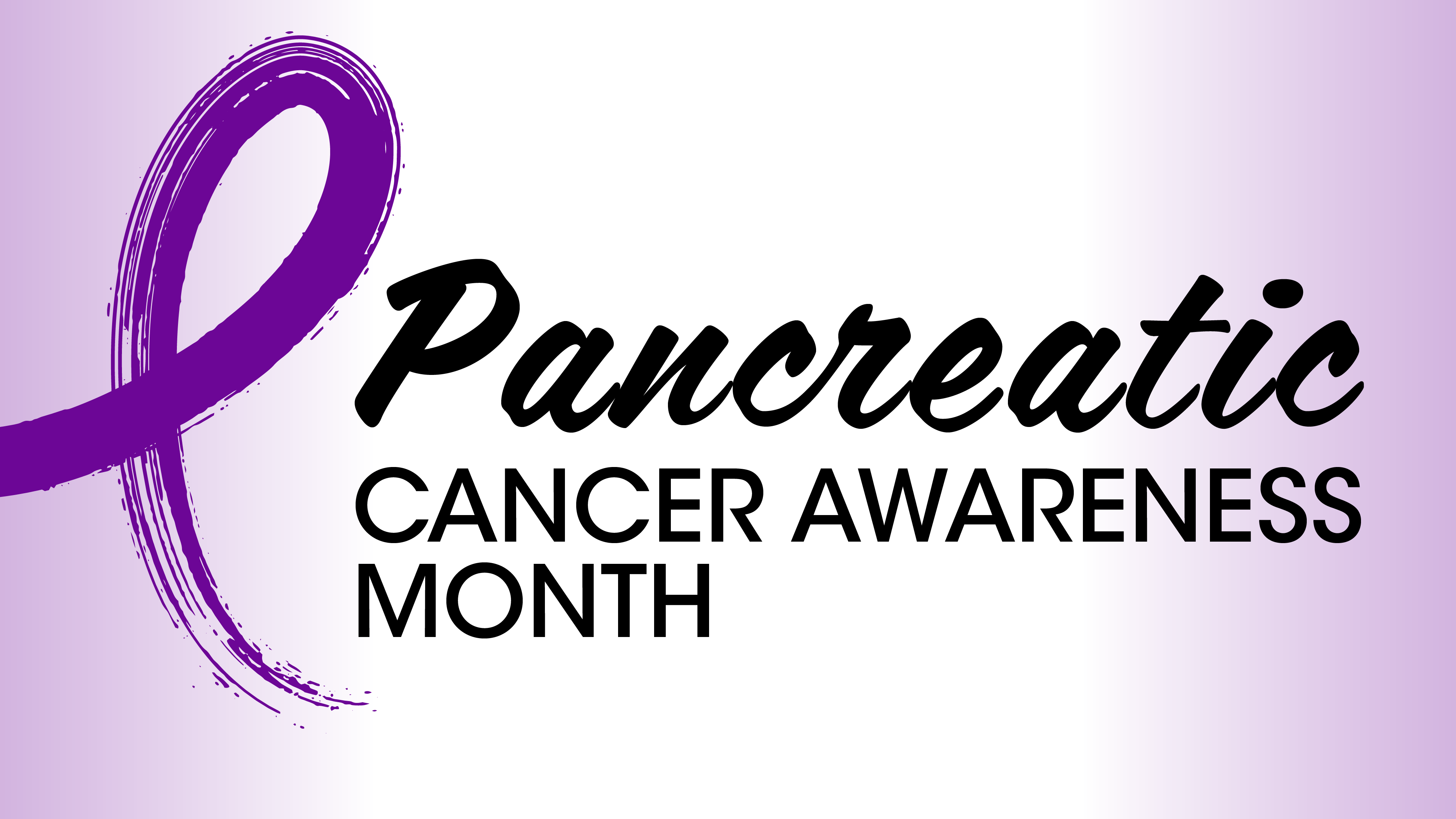
New Therapies Shed Light on RAS-Mutated Pancreatic Cancer Management

Shubham Pant, MD, MBBS, highlights an “exciting time” in the treatment of patients with RAS-mutated pancreatic cancer.
In a conversation with CancerNetwork® ahead of his presentation at the 15th Annual Ruesch Center Symposium, Shubham Pant, MD, MBBS, discussed what he hoped colleagues would take away from his session focused on the development of targeted therapies for patients with RAS-mutated pancreatic cancer.
Pant, a professor in the Department of Gastrointestinal Medical Oncology with a joint appointment in the Department of Investigational Cancer Therapeutics (Phase I Center) at The University of Texas MD Anderson Cancer Center, and gastrointestinal cancer editorial advisory board member for ONCOLOGY, contextualized his presentation by highlighting how the RAS mutation was previously considered an “undruggable” target. With the development of novel therapeutic strategies such as pan-RAS inhibitors, Pant stated that the field is now experiencing an “exciting” time.
Based on the ongoing initiatives he will describe in his presentation; Pant ultimately looks for his colleagues to take away a feeling of hope for the future of the field.
Transcript:
I’m excited about the [Ruesch] Symposium this year. About a decade back, we did not have anything to target RAS [mutations], and RAS was called undruggable. However, we first had the KRAS G12C inhibitors, which were mostly in lung and colorectal cancer. Now we have other inhibitors called pan-RAS inhibitors that can target pancreatic cancer. [Approximately] 90% of pancreatic cancer is KRAS-mutated. It’s an exciting time in this field.
What I hope my colleagues take away is that there’s a lot of hope in the future. Pancreatic cancer, normally, has been a tough and devastating disease. Survival has not budged a lot; it has done a bit, but not a lot, only in single digits in the last decades. I truly think this is the moment in which we’re getting newer therapeutics, which can have an impact on our patients’ lives. I hope they take away some hope from this presentation.
Reference
Pant S. Targeting the RAS mutation in pancreatic cancer. Presented at the 15th Annual Ruesch Center Symposium; November 21-23, 2024; Washington, DC.
Newsletter
Stay up to date on recent advances in the multidisciplinary approach to cancer.





































